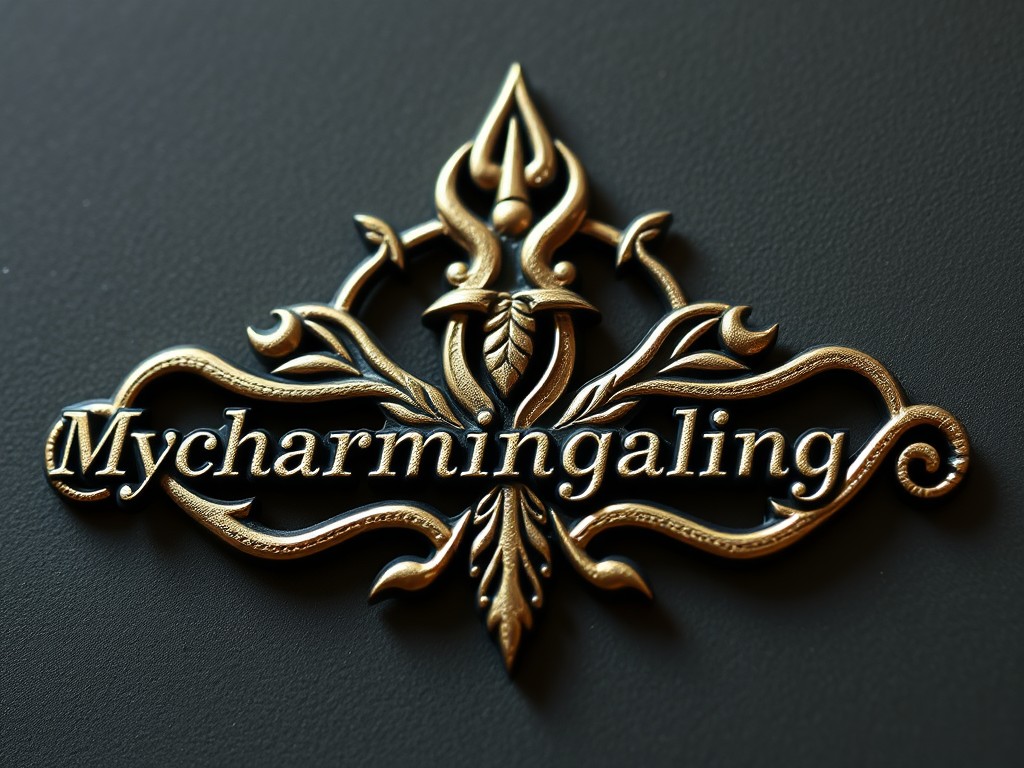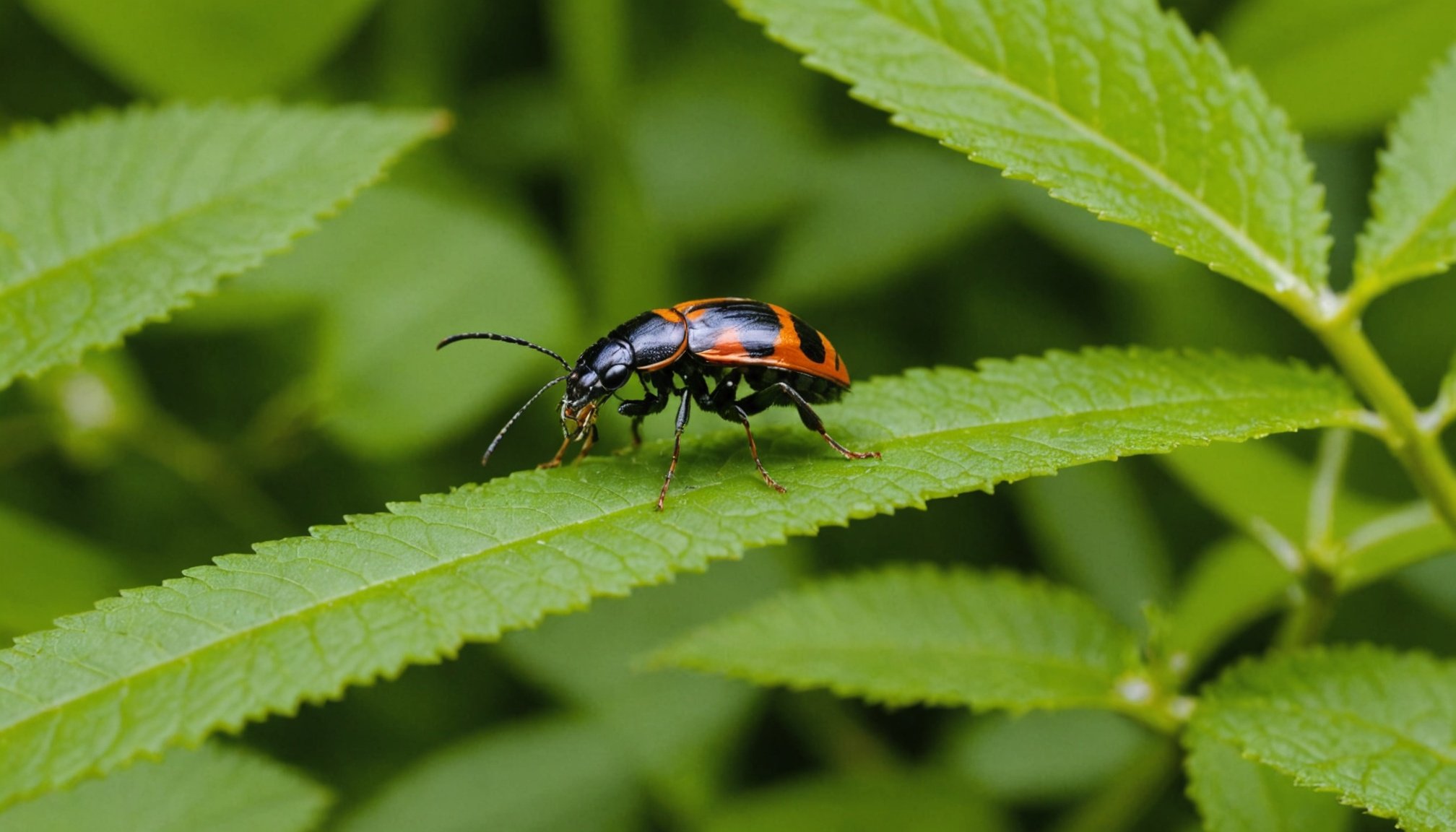For those with a love for gardening, there’s no greater joy than seeing the fruits of your labor in the form of lush, healthy plants. However, your verdant paradise can quickly turn into a battleground when pests decide to make your garden their new home. Dealing with these garden invaders can be a challenging task. But fear not, green enthusiasts! An environmentally friendly solution is at hand. And no, it does not involve reaching for a bottle of harmful chemical pesticide.
You can control pests using natural, organic methods that are not only safe for your plants but also for the local wildlife and the environment. Now, let’s delve into some of these eco-friendly pest control techniques; you’ll be equipped with the tools to keep your garden flourishing without harming the planet.
A découvrir également : How can you make a UK rental property feel like home with temporary decorating solutions?
1. Organic Sprays
Not all sprays are created equal. Commercial insecticides might get rid of pests swiftly, but they can also harm beneficial insects, the soil, water sources and even your health. Organic sprays, however, can be an effective alternative.
You can make these sprays at home with everyday items like garlic, chili peppers, and even dish soap. A classic organic spray recipe involves mixing a tablespoon of dish soap with a quart of water. The soap damages the pests’ exoskeletons, making it an effective control measure. Remember, though, to spray it early in the morning or late in the evening to avoid sunburn on your plants.
A lire aussi : What are the top color palettes for a cozy UK cottage-style living room?
2. Oil-Based Pesticides
Oil-based pesticides are another natural method to control pests in your garden. These sprays work by suffocating the pests or disrupting their feeding.
To make an oil-based pesticide at home, you can mix one cup of vegetable oil with one tablespoon of soap, then add two teaspoons of the oil mixture to a cup of water, and voila, you have an oil-based pesticide. It’s important to note that these sprays should be applied directly to the pests to be effective.
3. Beneficial Insects
One of the most natural ways to control pests is by inviting beneficial insects into your garden. These insects, like ladybugs, spiders, and lacewings, will naturally keep the population of harmful pests under control.
Planting a diverse range of plants can help attract these beneficial insects. Flowers, in particular, are great at attracting insects due to their nectar and pollen. Also, consider installing an insect hotel in your garden to provide shelter for these helpful creatures.
4. Physical Barriers and Traps
Physical barriers and traps are an old but effective way of protecting your plants from pests. These methods involve creating a physical barrier or trap that prevents pests from reaching your plants.
For instance, you can use copper tape to deter slugs and snails, or netting to protect your fruit and vegetables from birds. Alternatively, traps filled with beer or yeast can lure slugs and snails, while yellow sticky traps can help control flying insects.
5. Healthy Soil
Healthy soil is the foundation of a healthy garden. By ensuring your soil is nutrient-rich and well-drained, you can help your plants grow strong and resistant to pests.
Consider using organic matter like compost or well-rotted manure to enrich your soil. Crop rotation and companion planting can also help maintain soil health and deter pests. For instance, planting marigolds near crops prone to nematodes can help repel these destructive pests.
In conclusion, while pests can be a nuisance, they don’t have to spell the end for your garden. By using these environmentally friendly pest control methods, you can keep your garden vibrant and healthy while also taking care of our planet. Remember, the key to effective pest control is persistence and consistency. So, don’t be disheartened if you don’t see immediate results. Keep at it, and your garden will thank you.
6. Use of Natural Predators
Harnessing the power of nature is an effective and sustainable way of dealing with garden pests. This method involves using natural predators to keep pest populations in check. From birds and hedgehogs to frogs and toads, these creatures can consume a large number of garden pests, helping you maintain a healthy garden.
For instance, birds can be excellent allies in your fight against pests. By installing bird feeders and nesting boxes, you can encourage these feathered friends to take up residence in your garden. Once there, they’ll feast on a variety of pests including slugs, snails, and caterpillars. Similarly, creating a small pond can attract frogs and toads, both of which are voracious eaters of garden pests.
However, remember that balance is key. You don’t want your garden to become overrun with predators either. So, monitor the situation regularly and adjust your strategy as necessary. Plus, always ensure that your control methods don’t harm non-target species.
7. Non-Toxic Dusts and Sprays
Non-toxic dusts and sprays such as diatomaceous earth, baking soda, pepper spray, neem oil, and water spray are other eco-friendly options for controlling pests.
Diatomaceous earth is a non-toxic powder made from tiny fossilized aquatic organisms and can be sprinkled around your garden to kill a variety of pests. It works by getting into the joints and under the shells of insects, causing them to dehydrate and die.
Baking soda is a multipurpose product that can help control a range of pests. Simply mix 1 teaspoon of baking soda with 1 quart of water and spray it on affected plants.
Pepper spray works well against many types of insects and can be made by mixing 1 tablespoon of hot pepper powder with 1 quart of water and a few drops of liquid soap.
Neem oil is a powerful natural insecticide that can control over 200 species of insect pests. It disrupts their growth and metabolism, ultimately leading to their death.
Water spray can be used to knock off pests like aphids from your plants. This should be done in the morning so that your plants have enough time to dry during the day to prevent fungal diseases.
With these non-toxic dusts and sprays, you can keep garden pests at bay without resorting to harmful chemicals.
Conclusion
Gardening can be a joyous activity, but pesky pests can sometimes dampen the experience. However, with the environmentally friendly pest control methods discussed in this article, you can protect your garden from these nuisance creatures in an eco-conscious way. From organic sprays and oil-based pesticides to beneficial insects, natural predators, and non-toxic dusts and sprays, these methods can be effective and sustainable solutions for dealing with common garden pests.
Remember to be patient and consistent in your efforts. The road to a pest-free garden might be a long one, but it’s definitely a journey worth undertaking. Not only will you be rewarded with a beautiful, healthy garden, but you’ll also be doing your part to safeguard our environment.
So, arm yourself with these environmentally friendly pest control methods and get ready to reclaim your garden. Here’s to happy, eco-friendly gardening!











